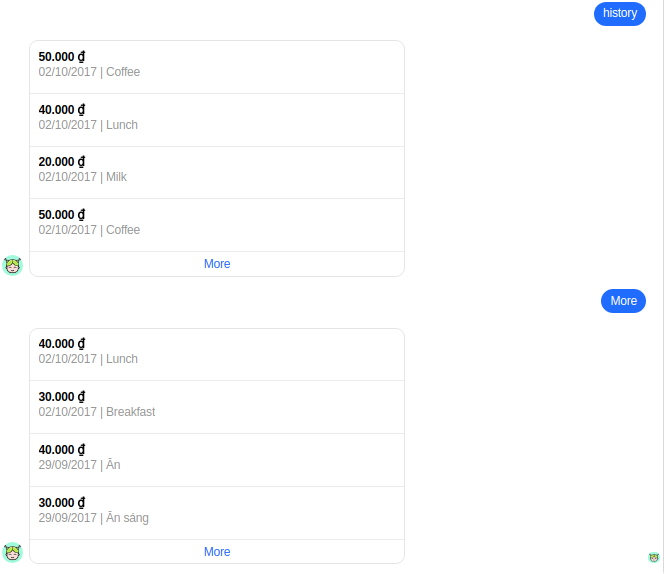With the growing popularity of remote work, finding work-from-home jobs has become increasingly feasible for individuals seeking flexibility, independence, and the ability to work from the comfort of their own homes.
Whether you’re transitioning to remote work or embarking on a new career path, this article aims to provide you with practical strategies and insights on how to find work-from-home jobs that align with your skills and preferences.
1. Determine Your Remote Work Preferences
Before diving into your job search, take some time to identify your remote work preferences. Consider factors such as preferred work hours, desired level of flexibility, industry interests, and skills you wish to utilize or develop in a remote work setting. Understanding your preferences will help you narrow down your search and find opportunities that align with your goals.
2. Research Remote-Friendly Industries and Roles
Certain industries and job roles are more conducive to remote work arrangements. Start by researching and identifying remote-friendly industries that align with your interests and expertise. Some examples include software development, digital marketing, graphic design, content writing, virtual assistance, customer support, and online tutoring. Explore roles within these industries that offer remote work options.
3. Utilize Online Job Platforms
Online job platforms have made it easier than ever to find work-from-home opportunities. Leverage these platforms to discover remote job listings and filter search results based on your preferences.

Some popular platforms include FlexJobs, Remote.co, We Work Remotely, LinkedIn, and Indeed. Create profiles, upload your resume, and regularly browse job listings to stay updated on remote openings.
4. Network and Utilize Online Communities
Networking plays a vital role in finding remote work opportunities. Engage with online communities, industry-specific forums, and social media groups relevant to your desired field. Connect with professionals who are already working remotely or individuals who share similar career interests. These connections may provide valuable insights, job leads, and referrals.
5. Leverage Freelancing Platforms
Freelancing platforms offer a wide range of remote work opportunities across different industries. Consider creating profiles on platforms like Upwork, Freelancer, Fiverr, or Toptal, showcasing your skills and expertise. These platforms allow you to browse job postings, submit proposals, and collaborate with clients remotely on various projects.
6. Research Remote-Friendly Companies
Many companies have embraced remote work as a permanent or long-term option. Research and compile a list of remote-friendly companies that align with your career goals. Visit their websites, explore their careers pages, and check for remote job openings. Some companies even have dedicated remote job listings on their websites.

7. Develop a Strong Online Presence
Having a strong online presence is crucial in today’s job market. Build a professional online profile that highlights your skills, experience, and remote work capabilities. Optimize your LinkedIn profile, showcase your portfolio or work samples, and engage in relevant online communities. This helps potential employers or clients discover your expertise and reach out with remote work opportunities.
8. Be Proactive and Tailor Applications
When applying for remote jobs, be proactive and tailor your applications to highlight your remote work skills and experiences. Emphasize your ability to work independently, manage time effectively, and communicate virtually. Customize your resume and cover letter to showcase your remote work adaptability and explain why you are a strong fit for remote roles.
Related articles:
- Job vs. Career: Understanding the Difference and Making Informed Choices
- Unlocking Opportunities: How to Get a Remote Job
- What is a Remote Job? Embracing the Future of Work
- Exploring the Benefits of Part Time Remote Jobs
9. Prepare for Remote Interviews
Remote interviews may differ slightly from traditional in-person interviews. Familiarize yourself with common video conferencing tools, test your audio and video settings, and ensure a stable internet connection. Dress professionally, choose a quiet and well-lit environment, and maintain good eye contact during the interview. Be prepared to discuss your experience with remote work, your ability to collaborate remotely, and your problem-solving skills in a virtual setting.
Conclusion
Finding work-from-home jobs requires a proactive approach, careful research, and a tailored strategy. By identifying your preferences, utilizing online platforms, networking, and showcasing your remote work capabilities, you can uncover a wide range of remote job opportunities. Embrace the flexibility and freedom of working from home, and take steps to secure a rewarding remote work experience.
















